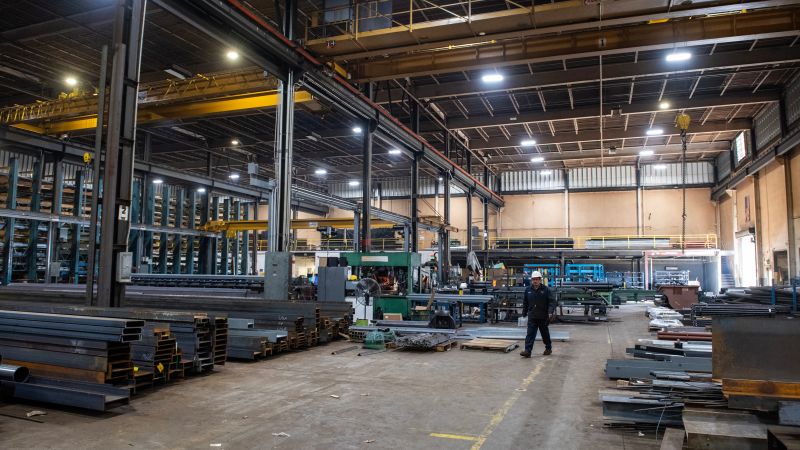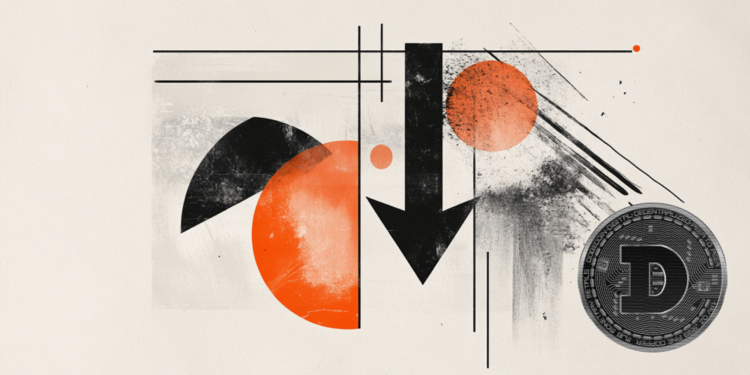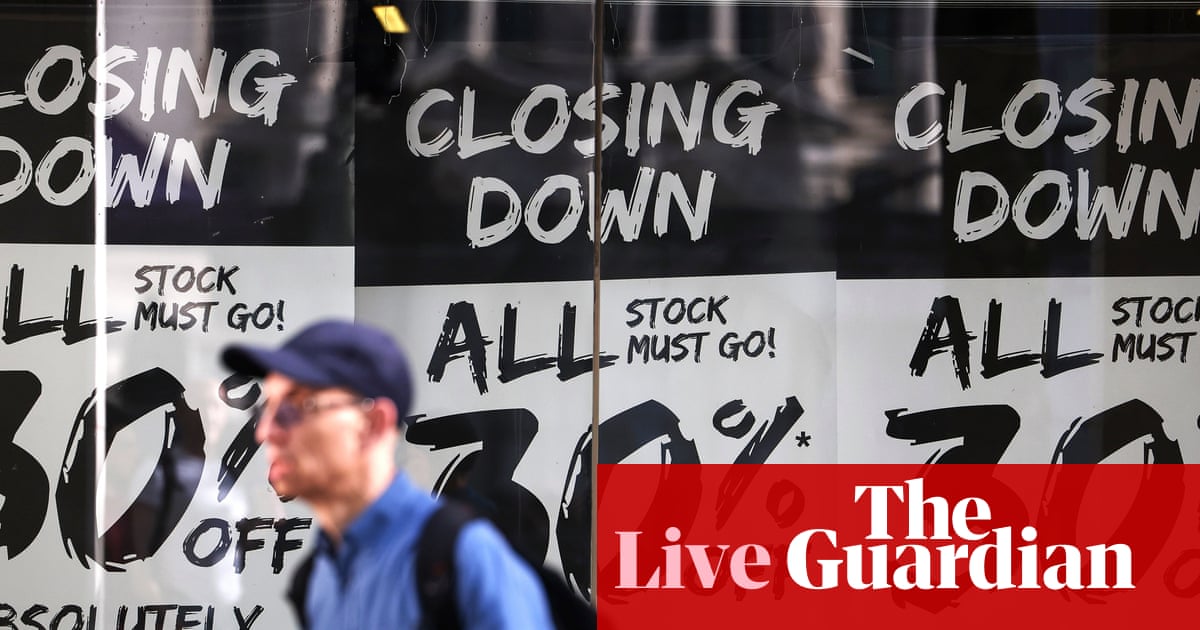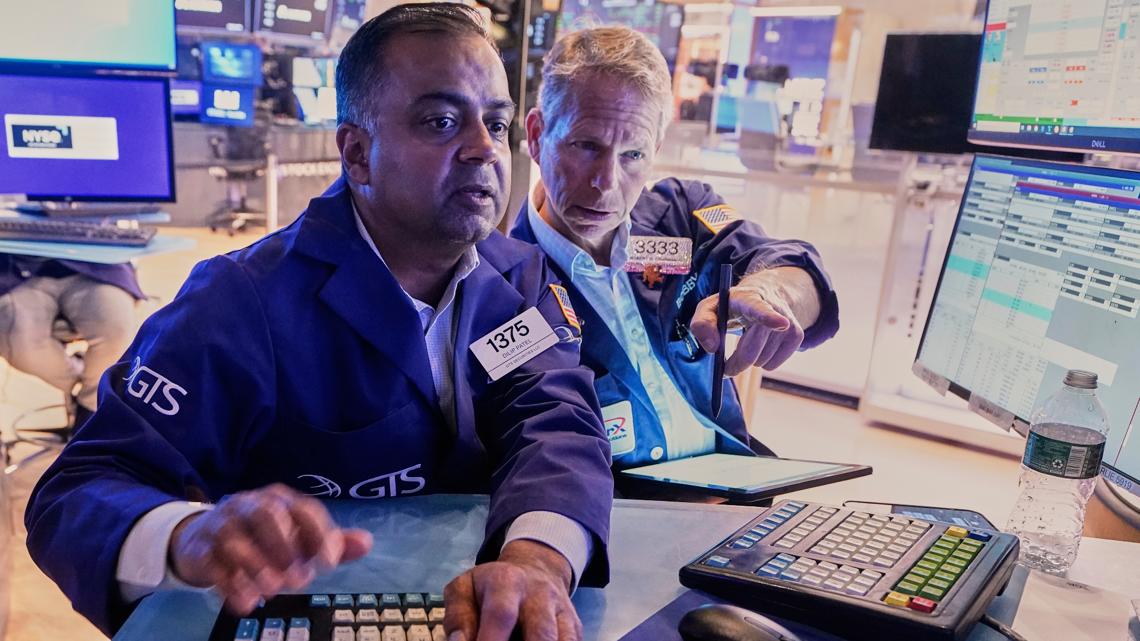T4K3.news
US inflation report indicates mixed economic signals
Wholesale inflation remained unchanged, but travel spending dropped significantly in June.

The latest inflation report shows a complex picture for the US economy amid trade tensions.
US inflation report reveals drop in travel spending and rising costs for goods
US wholesale inflation showed little movement in June, indicating a softer outcome amid ongoing tariffs from President Donald Trump. The Producer Price Index remained unchanged from May, with an annual inflation rate of 2.3%. However, travel expenditure decreased significantly, overshadowing rising costs in other goods. Economists had anticipated a small monthly rise of 0.2%, but the reality was more complicated. A notable drop in airline services by 2.7% and a 4.1% decrease in travel accommodations suggested that consumers are cutting back on discretionary spending due to economic fears. Bill Adams, chief economist, noted that while tariffs are pushing goods prices higher, reduced demand is keeping overall inflation in check. The report paints a mixed picture as businesses adjust to these economic pressures.
Key Takeaways
"Tariffs are raising prices of manufactured goods, but wobbly demand kept broader inflation contained in June."
This quote highlights the tension between rising production costs and subdued consumer demand.
"One should not take solace from the fact that foreign customers are opting not to travel to the United States."
Brusuelas warns of the long-term implications of decreased tourism on the economy.
The latest inflation data reflects the ongoing challenges businesses face due to tariffs and weakened consumer confidence. While prices for travel and accommodation have dropped, suggesting a pullback in consumer spending, producers of finished goods are still faced with rising costs. Joe Brusuelas called this a classic head fake, emphasizing that economic signals are mixed. As tariffs pressure prices and demand dips, understanding these dynamics will be crucial for consumers and policymakers alike. This uneasy balance raises questions about how much prices may rise in the future if demand rebounds.
Highlights
- Inflation is steady, but signals of a pullback in spending are clear.
- The impact of tariffs is squeezing profit margins across industries.
- A decline in travel demand reflects broader economic uncertainty.
- Rising costs could soon reach consumers as businesses adjust pricing.
Economic uncertainty creates risk for consumers and businesses
The drop in travel spending and ongoing tariffs present risks to economic stability. Both consumers and businesses may face tough decisions ahead as inflation fluctuates amidst decreased demand.
The economic landscape is shifting, and watching consumer behavior will be key to future price trends.
Enjoyed this? Let your friends know!
Related News

US Dollar Weakens After Trump Comments on Fed Chair
US stock indexes decline as interest rate cut hopes fade

US economic indicators show slow growth

Company insolvencies drop in England and Wales

US stocks stay near record high amid Israel-Iran ceasefire

Jerome Powell's remarks will influence market expectations
U.S. retail sales show unexpected growth in June

Weak July job numbers spark fears of economic slowdown
